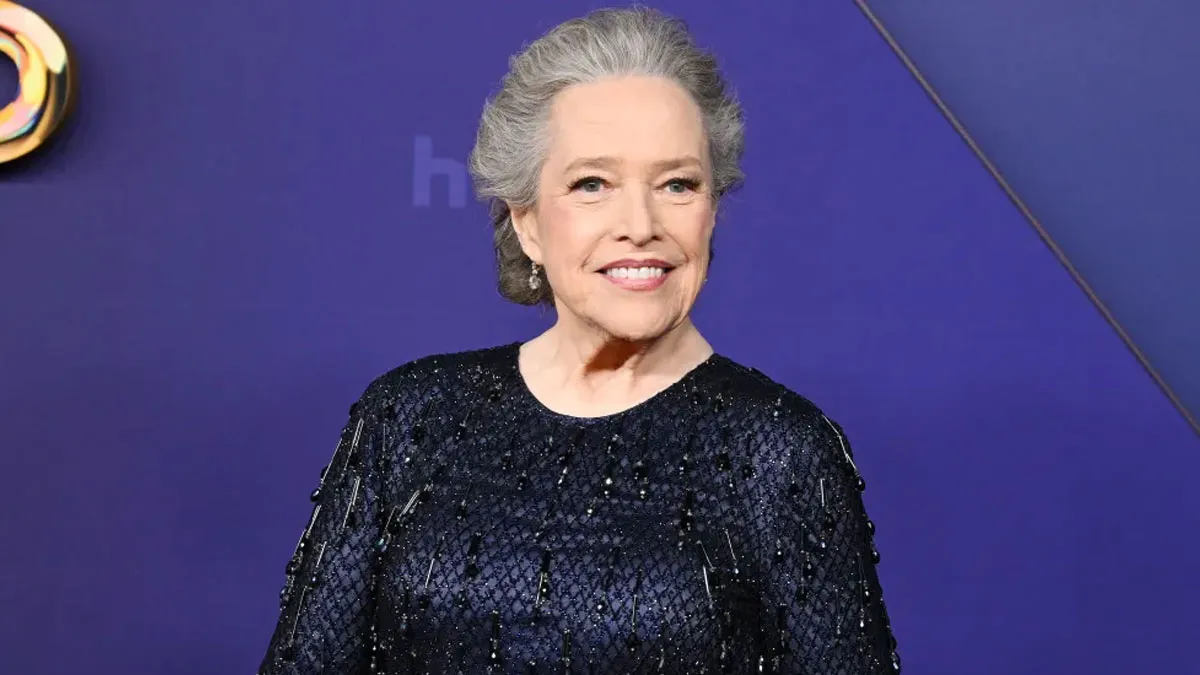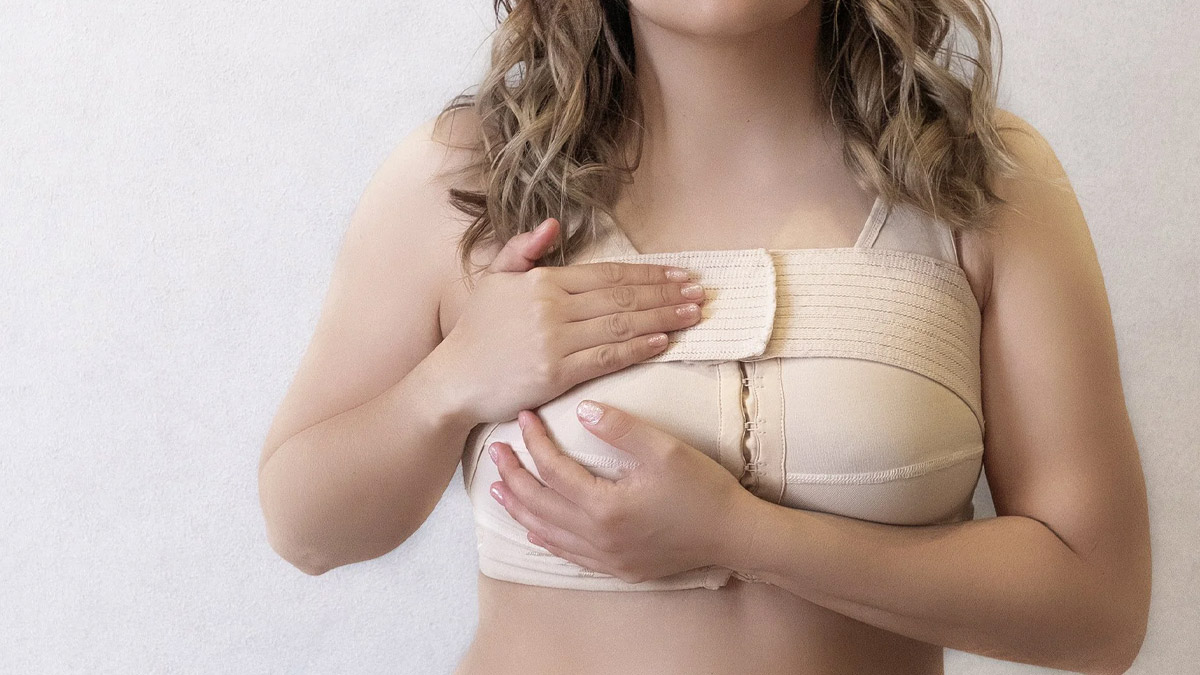
Kathy Bates, the acclaimed actress best known for her roles in Misery and American Horror Story, recently opened up about her decision to undergo a double mastectomy over a decade ago. Following a breast cancer diagnosis in 2012, Bates made the choice to forgo reconstructive surgery—a decision she stands by today. Sharing her story on the podcast MeSsy with Christina Applegate and Jamie-Lynn Sigler, Bates candidly discussed the emotional complexities and newfound sense of freedom she found post-mastectomy. Her journey sheds light on the nuanced experiences many women face following a mastectomy.
Table of Content:-
A Personal Decision to Forgo Reconstruction
At 64, when many women may consider reconstruction, Bates made a different choice. She shared that the decision came easily to her, stating, "I just didn't want to go through it." Bates’ honesty reflects the freedom and comfort she found in choosing what was best for her, unburdened by societal expectations. Remarkably, Bates added that her life improved in ways she hadn't anticipated: “I kind of enjoy not having breasts... it’s strange.” By embracing her post-surgery body without reconstruction, Bates highlights a rarely discussed outcome of mastectomy—that for some, life without breasts can bring unexpected relief and acceptance.
View this post on Instagram
Kathy Bates’ Journey to Acceptance and Self-Confidence
Bates' confidence on screen and in public stems, in part, from her innovative approach to adapting to her new body. For her role as Madeleine Matlock in *Matlock*, Bates collaborated with the costume department to create a custom camisole that simulates a natural shape, helping her feel comfortable in her portrayal. This choice allowed her to step into her character with confidence, blending her authentic self with the persona required for her role. She reflected, “They put little false-y cups in it... I feel so good when I go out like that.” Through these adaptations, Bates illustrates how subtle adjustments can play a powerful role in post-mastectomy body confidence.
Also Read: American Actor James Van Der Beek Diagnosed With Colorectal Cancer; Symptoms To Look Out For
The Emotional Impact of Mastectomy on Self-Perception
For many women, the physical changes following a mastectomy can spark complex emotional responses. Self-image, feelings of femininity, and intimacy can be profoundly affected. Bates’ choice not to pursue reconstruction mirrors a broader experience shared by many breast cancer survivors, where decisions about post-mastectomy life reflect not only physical needs but also emotional and mental well-being.

Christina Applegate, also a breast cancer survivor, related to Bates’ journey and added her own perspective, mentioning her choice to undergo reconstruction without nipples. She noted, "I don’t really care about that part… I’m totally fine." Both Bates and Applegate's reflections underscore the diversity of responses women may have to mastectomy and reconstruction. Each woman’s path is personal, and for some, living without breasts can foster a unique form of self-acceptance, while for others, reconstruction may restore comfort and confidence.
Navigating Emotional Recovery Post-Mastectomy
The emotional aftermath of a mastectomy often includes stages of acceptance, adjustment, and self-discovery. Many women grapple with body image concerns, feeling less feminine, and facing societal expectations. For some, this may lead to a decrease in self-esteem, challenges with intimacy, or even depression. Kathy Bates’ experience speaks to this, as she chose to focus on the aspects of life she could control, finding a balance between personal authenticity and public image.
View this post on Instagram
One approach to emotional recovery is the support of friends, family, or cancer survivor groups. Sharing one’s journey can bring solace and strength. For Bates, her choice to be open about her experiences with both breast and ovarian cancer offered a sense of purpose and connection. She revealed that after her diagnosis, she chose to speak publicly, especially given her family history with breast cancer.
Finding Empowerment in Choice
Bates' story highlights the importance of choice in the mastectomy and recovery journey. Whether deciding for or against reconstruction, each woman’s decision should reflect her personal values, lifestyle, and desires. Post-mastectomy adjustments—whether practical, like custom clothing, or mental, like therapy—can help foster resilience and confidence. Bates' reflections inspire many to embrace their own choices with pride, knowing that strength often lies in authenticity.
Embracing Life After Mastectomy
As Bates and Applegate’s experiences reveal, the mastectomy journey is not just a medical one but an emotional and psychological transformation. For many survivors, post-mastectomy life opens doors to self-discovery and, for some, newfound freedom. By speaking openly about their experiences, these actresses highlight the varied and valid choices each survivor can make, empowering other women to navigate their own paths with confidence and courage.
Also watch this video
How we keep this article up to date:
We work with experts and keep a close eye on the latest in health and wellness. Whenever there is a new research or helpful information, we update our articles with accurate and useful advice.
Current Version